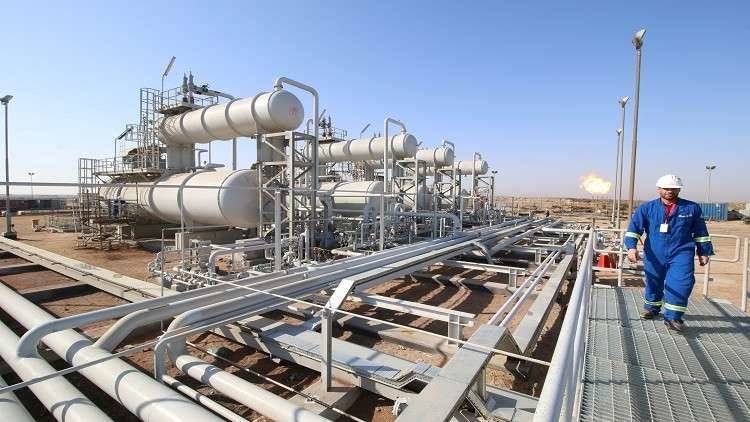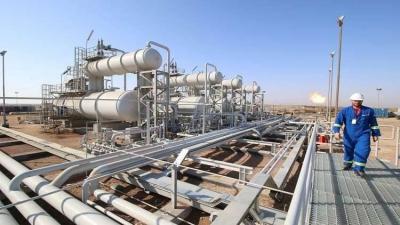Oil production in the semi-autonomous Kurdistan region of Iraq is now threatened, as the halt in exports from the northern Iraqi region has forced companies operating there to pump crude oil into limited-capacity storage facilities.
Gulf Keystone Petroleum, which operates the Sheikhhan field with a production capacity of 55,000 barrels per day in the Kurdistan region, announced that "its facilities have storage capacity that allows for continued production at a reduced rate in the coming days, after which the company will stop production."
Similarly, companies DNO and Genel Energy, which also operate in the area, stated that they are currently storing oil in facilities that can accommodate several days' production.
Shamaran Petroleum, another company operating in the region, noted in a statement that "the company will remain in close contact with other oil producers in the Kurdistan region as well as relevant government officials, and will continue to monitor this situation closely."
Iraq was forced to stop approximately 450,000 barrels per day of crude oil exports from the Kurdistan region on Saturday through a pipeline that extends from oil fields in Kirkuk in northern Iraq to the Turkish port of Ceyhan.
Turkey halted the flow of Iraqi crude oil from the pipeline after Iraq won an arbitration case, which stated that Turkey violated a joint agreement by allowing the Kurdistan Regional Government to export oil to Ceyhan without Baghdad's consent.
Oil companies operating in the region are left in a state of uncertainty, awaiting the outcome of ongoing discussions between Ankara, Baghdad, and the Kurdistan Regional Government to find a way to resume exports.




